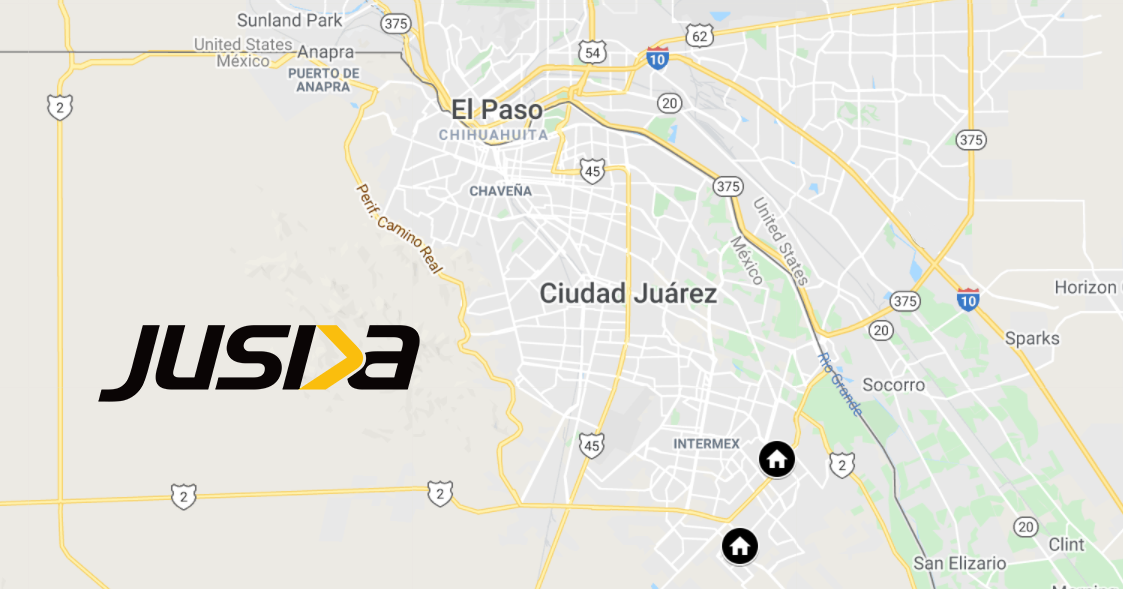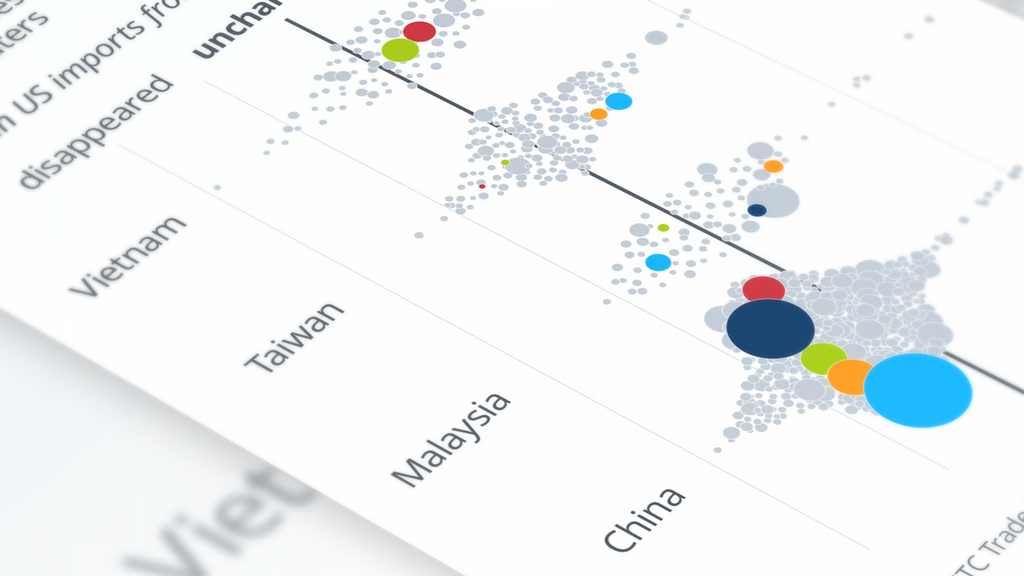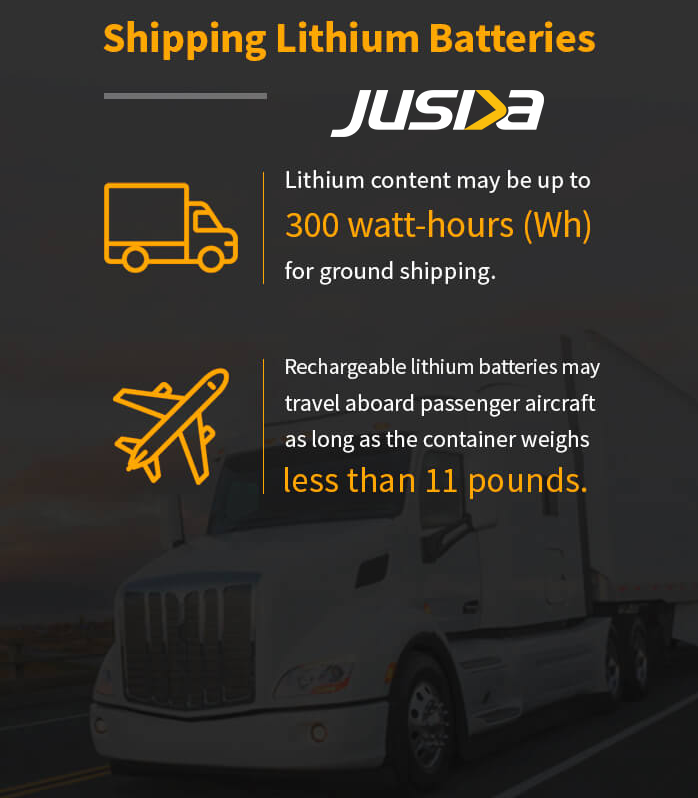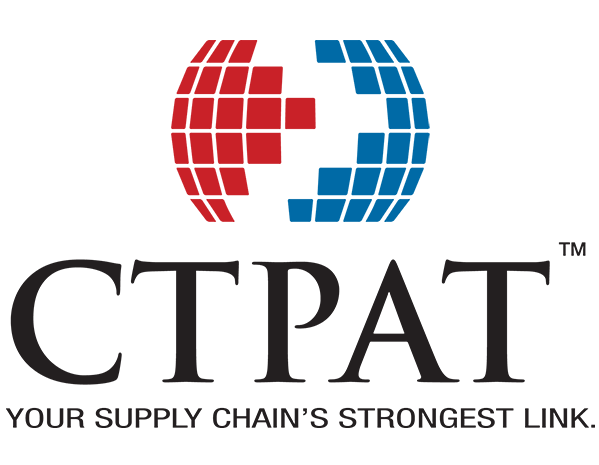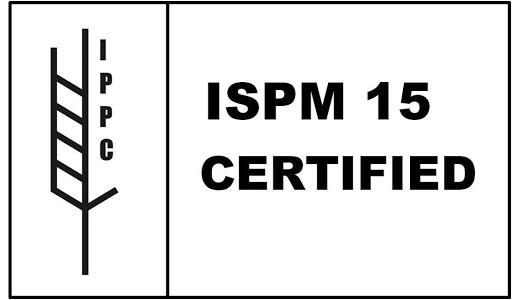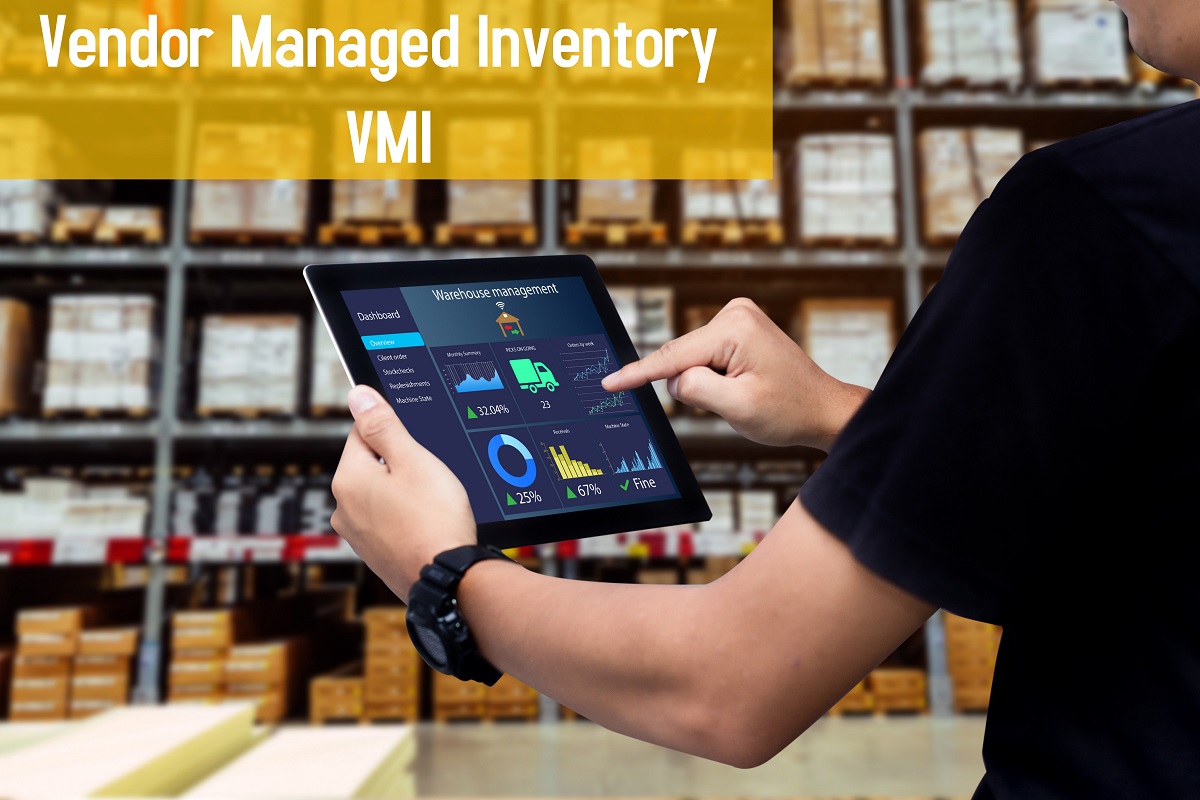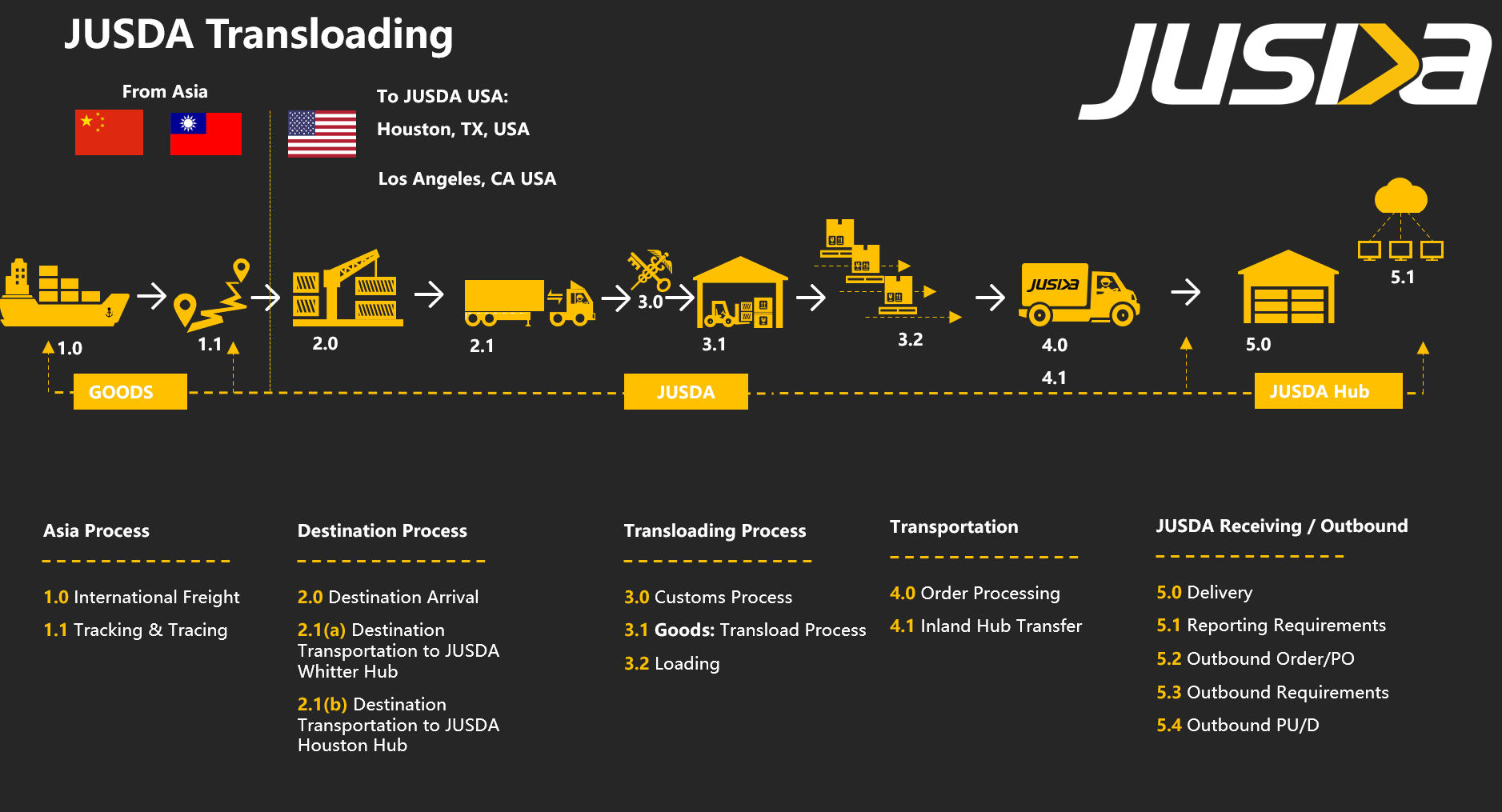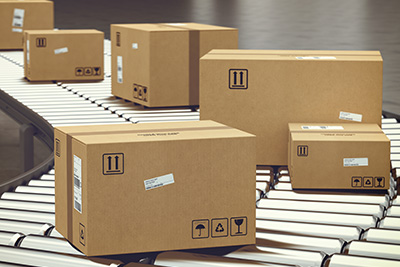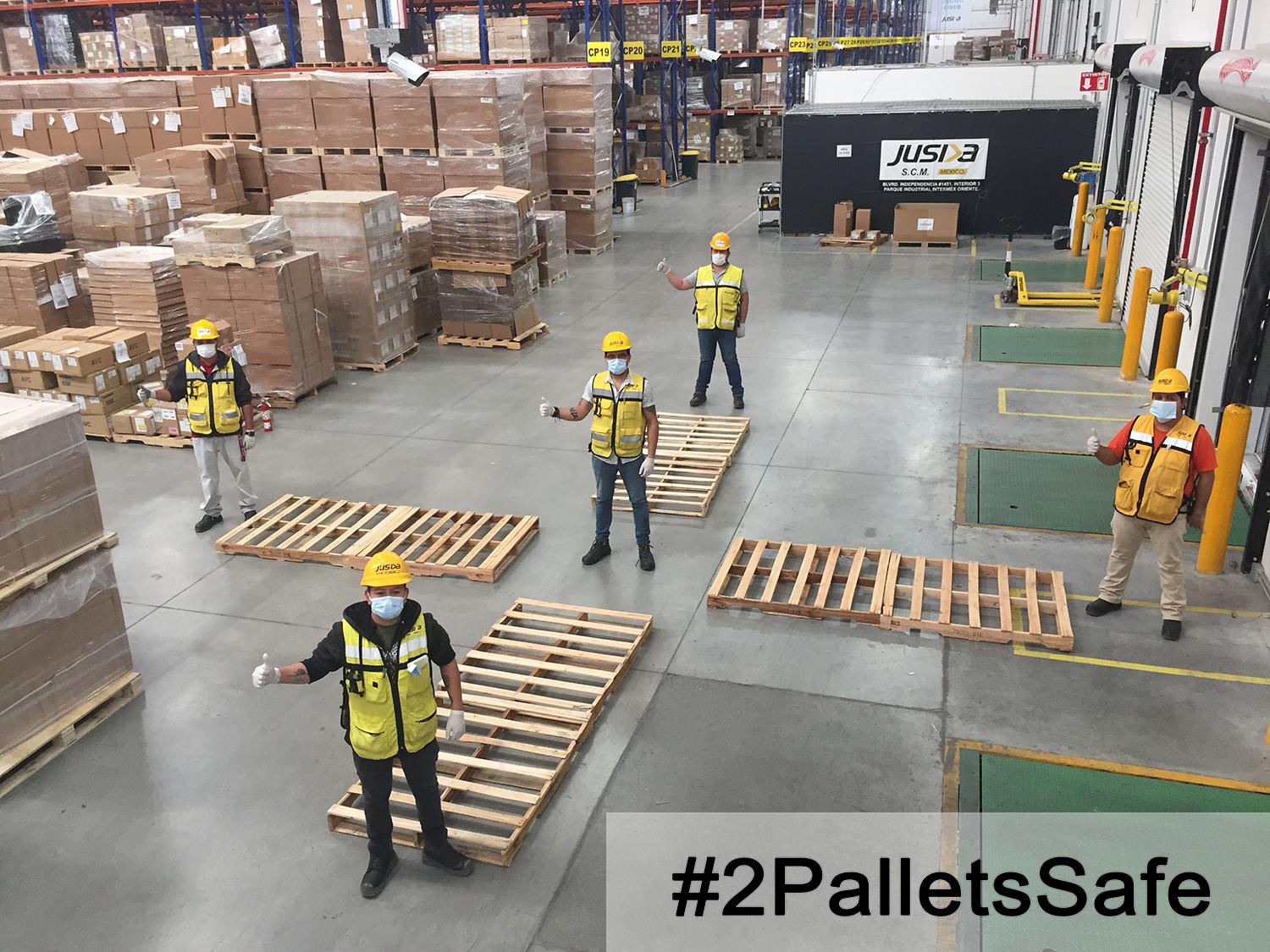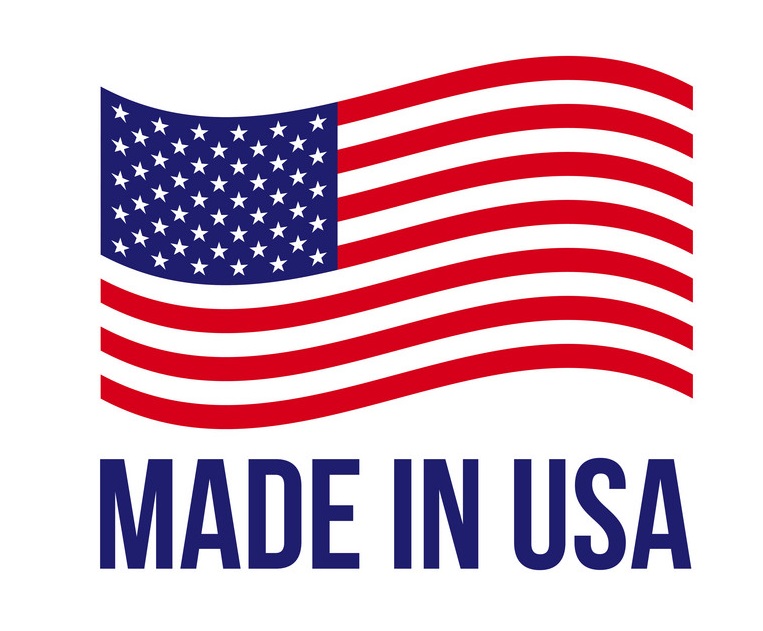
Manufacturing
Made in the USA?
With stressed supply chains caused by the COVD-19 pandemic, high tariffs and international trade uncertainties the concept of “Onshoring” manufacturing has begun to gain traction in the United States. We thought it would therefore be a good idea to look at what legally qualifies a product as being “Made in the USA”. This blog will hope to define the “Made in the USA” concept from a regulatory viewpoint and discuss the difficulties in defining a product, especially consumer electronics, as being “Made in America”.
"Made in the USA." It is a label that evokes patriotism, carries an unspoken promise of quality, and has a political undertone of job security for American workers. It's also more complex and harder to define than one might expect.
The official definition of a "Made in the USA" label as set forth by the Federal Trade Commission (FTC) requires that a product advertised as "Made in the USA" be entirely or virtually entirely made in the United States.
The rules for a "Made in the USA" label on a product are very specific. And the details regarding exactly what that means are spelled out in a 40-page document titled Complying with the Made in the USA Standard. This document mainly describes what qualifies as being “Made in the USA” down to the amount and type of America made parts that are used in the final product that was assembled in the USA.
This being the case, many electronic products that will have their manufacturing “onshored” back to the United States maybe using a majority of parts that are still imported from Asia and would only qualify for the “Assembled in the USA” moniker. An example would be a computer server that may be assembled in the USA but the multitude of parts that go into the makeup of the product would still be manufactured in Asia and shipped to the United States for final assembly. Think about it, everything from the needed circuits, chips and motherboards that go into the final assembly of a computer server are just not manufactured here in the United States… yet.








